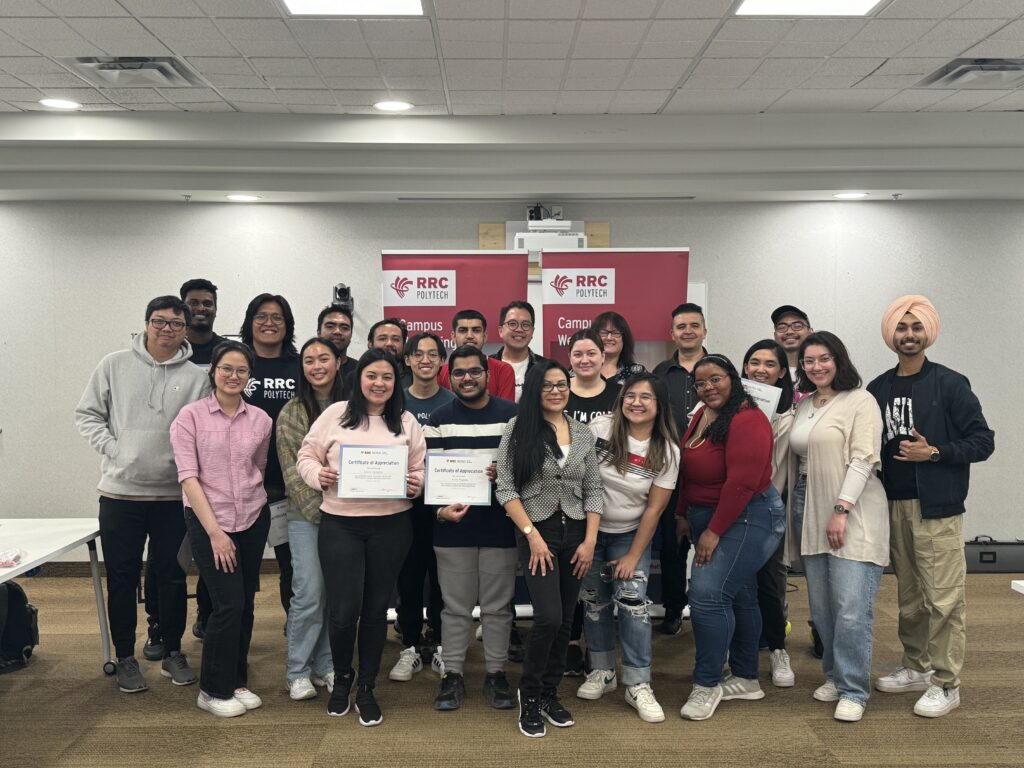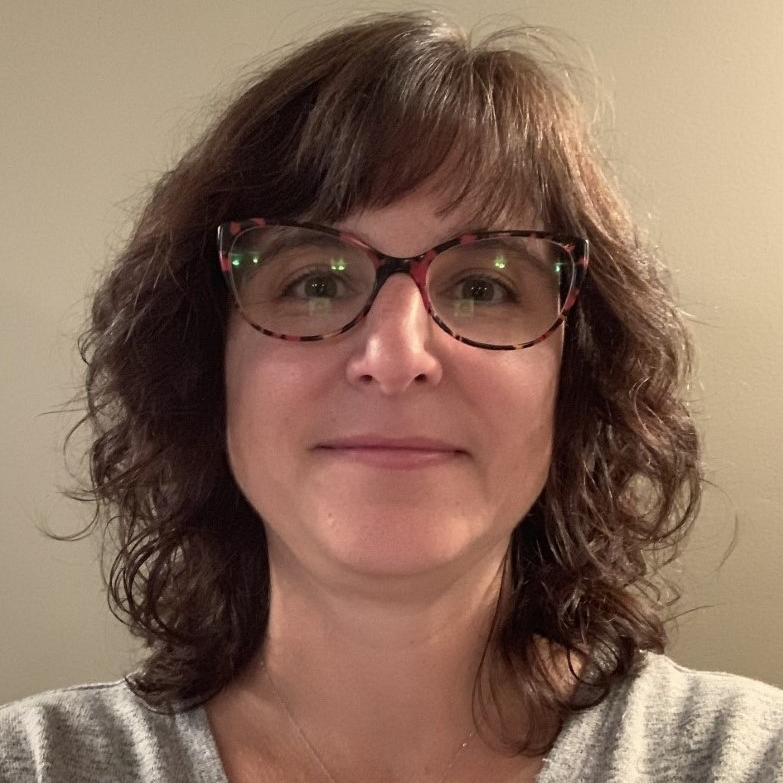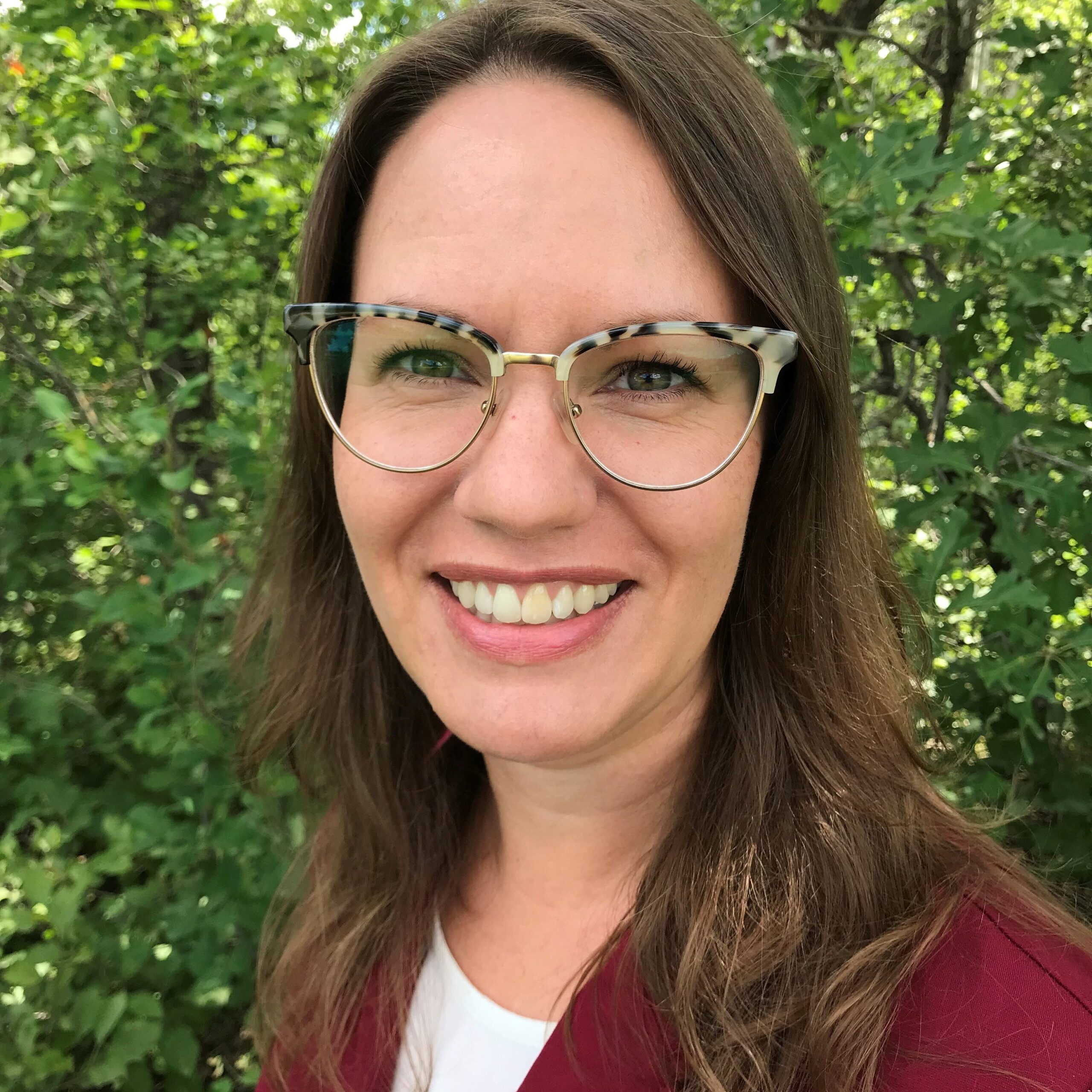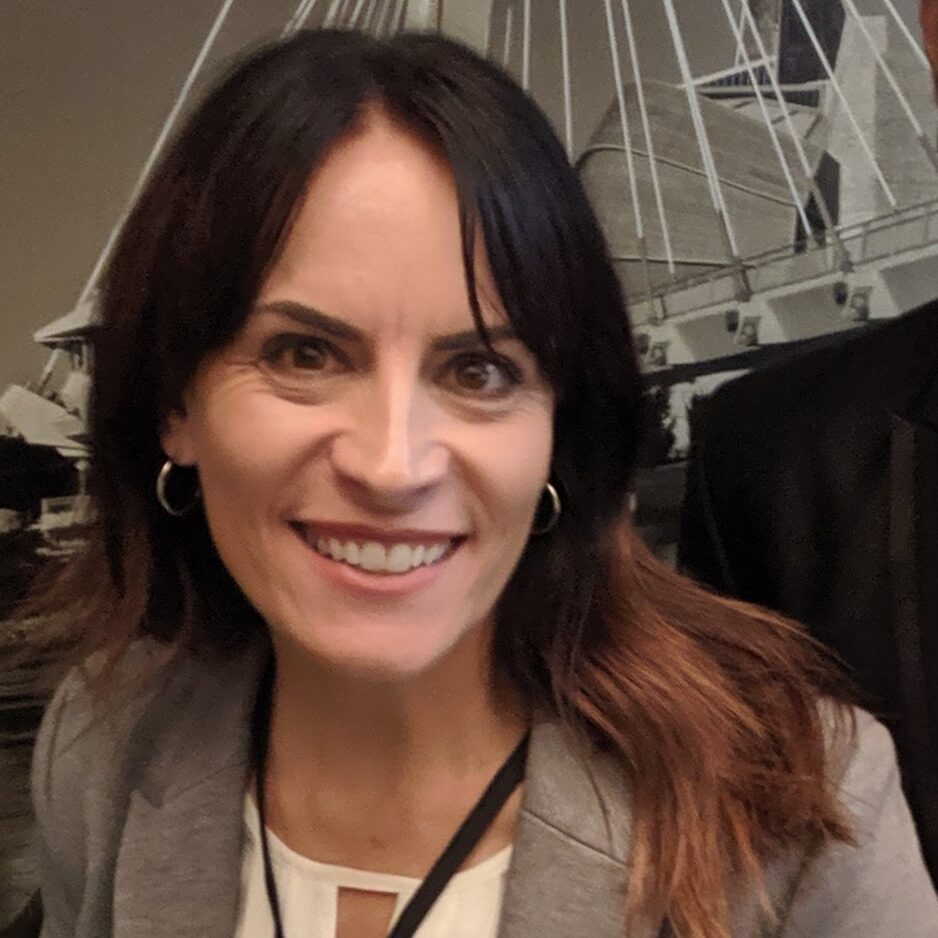State of Mind 2024 Highlights

On May 28, 2024 Campus Well-Being hosted State of Mind – a report back session to Red River College Polytechnic members, highlighting achievements made towards our Healthy Minds Healthy College Strategy.
Interested community members, presenters and guest speakers were joined by several RRC Polytech executives including, President Fred Meier, Chief Human Resource Officer, Melanie Gudmundson and Executive Director, Student Services and Global Partnerships, Aileen Najduch.
Achievements
Achievements toward the Strategy were broken into seven key components and are as follows:
Institutional Structure: Organization, Planning and Policy
- A statement about mental health and well-being has been embedded in the course outline template. This message highlights the impact of mental health on academic success and directs students to supports.
- To engage the community in planning and policy efforts, the HMHC Advisory Group, comprised of 12 students, faculty, and staff, meet bi-monthly, providing thoughtful critiques and formulating ideas for the Strategy.
Promoting Well-Being Through Supportive and Inclusive Campus Climate
- Supportive Employment Guidelines have been launched along with education sessions for leaders.
- RRC Polytech’s Strategic Plan has committed to embedding Equity, Diversity, and Inclusion in all we to.
- The Anti-Racism Action Committee and the Gender and Sexual Diversity Group have advanced EDI efforts through a wide array of initiatives.
- The Centre for Learning and Program Excellence has done a lot of work on accessible learning, including offering professional development for instructors.
- An applied research project using digital storytelling led to greater understanding of nursing student mental health and also enhanced empathy amongst faculty.
Mental Health Awareness & Literacy
- A resource wall was created at Notre Dame Campus. The resources include pamphlets about depression, stress, and anxiety, information about Mindbeacon Cognitive Behavioural Therapy, QR codes for community crisis resources and mental health resources and more! Exchange District Campus will have their own resource wall for fall 2024.
- Awareness activities have expanded, including:
- A wide variety of in-class workshop topics.
- Annual observations of Mental Illness Awareness Week, National Addictions Awareness Week, Bell Let’s Talk Day, and Mental Health Awareness Week.
- By engaging student volunteers in meaningful service-learning opportunities, the reach and sustainability of awareness activities has increased.

Community Capacity to Respond to Early Indicators of Stress
- Professional development sessions have been offered to enhance faculty competence to notice students who are struggling, engage with them, and refer to supports.
- The Behavioral Intervention Team has been redesigned to have a more proactive approach to preventing adverse incidents. The primary focus of the team is to provide support to faculty when a student may be experiencing distress or are perceived to pose a threat to the safety of themselves/other students, faculty, and staff.
- An Early Assist program launched in 2021. Early Assist has helped ensure that multiple types and levels of support are offered to students who are struggling with non-academic concerns.
Self-Management Competencies
- Online mindfulness training (Mindwell) continues to be well received by students and employees, helping them develop stress management and coping skills. Some students can even get courcse credit for completing Take 5 Daily, thanks to instructors who have embedded it within their curriculum.
- Since Mindwell was first offered at RRC Polytech, 2994 students and staff have participated!
- To promote staff and faculty well-being, our Employee and Family Assistance Program (EFAP) has delivered several lunch and learn webinars on relevant topics.
- EFAP service improvements over the past few years include:
- Indigenous-specific tools, including Indigenous Elder/Knowledge Keeper access
- Sentio CBT (online, self-guided Cognitive Behavioural Therapy)
- Busy Family Childcare Resource Locator
- Life Smart Coaching Services (financial, nutritional and career coaching)
- An e-library of resources, including 20+ e-courses
- Enhanced Flex Benefit Plan options provide improved coverage for staff and faculty.
Accessible Mental Health Services
- Student Counselling Services (SCS) and Student Accessibility Services (SAS) were created by separated their work into two special units, resulting in service improvements.
- SAS has reviewed, refined and expanded processes to better align with best practices and updates to Accessibility Human Rights Legislation.
- SCS improvements:
- Increased Same Day Crisis Service appointments.
- Providing check-ins or shorter sessions throughout the day for students who are already assigned to a counsellor.
- Launch of Drop-In Services.
- Enhanced relationship with International Education to reduce international student barriers to mental health services.
- Reduced barriers for Indigenous students by offering on-site drop-in hours each Friday.
- Shortened intake forms to improve student access.
Crisis Management
- Broad campus training for staff and faculty regarding emergency procedures and crisis response has been implemented.
- These include Active Aggressor Training, Emergency Procedures in Crisis Response, and Nalaxone overdose prevention training.
- The development of a Mental Health and Well-Being Guide – Supporting Students in Distress.
Students’ Association Involvement

The RRC Polytech Students’ Association has supported the HMHC Strategy both financially and through programming for over a decade.
The RRCSA has:
- Helped to fund the Mental Health Coordinator’s salary for the first three years of their contract.
- Committed to the generous donation of $150,000 over the next three years for the Peer Support Program.
- Been a staunch supporter of mental health programming, donating over $500 000 in support of mental wellness.
- Provided Student Life Events Coordinators to deliver programs and events to engage students.
Special Guests



Kerri Pruden and Angela Swanson, Early Childhood Development (ECE) Instructors, and Carolyn Schmidt, Communications Instructor shared their contributions. Kerri, Angela, and Carolyn have been implementing strategies to promote well-being in their classrooms. Some of the ways they have been doing this is by organizing sharing circles, enhancing the learning environment with food, fidget items and regular breaks, and by doing wellness check-ins with their students.
On the Horizon
Peer Support Project
To provide RRC Polytech students with accessible, empathic and relatable mental health support, Campus Well-Being is introducing a Peer Support Program. Student recruitment will take place in the fall, training will begin in November 2024 and the program will launch in January 2025.
Bell Canada provided $100,000 funding to kickstart the program and the RRCSA provided an additional $50,000/year for a period of three years.
Research and Assessment
To gain insights on how students are doing, we plan to deploy the Canadian Campus Well-Being Survey in the winter of 2025.
A New Roadmap
Since the five year Roadmap is nearing its end, watch for opportunities to contribute to the next plan, which will provide direction for 2026 onwards.
Check out the Recording
Click here to access the recording of State of Mind 2024!
